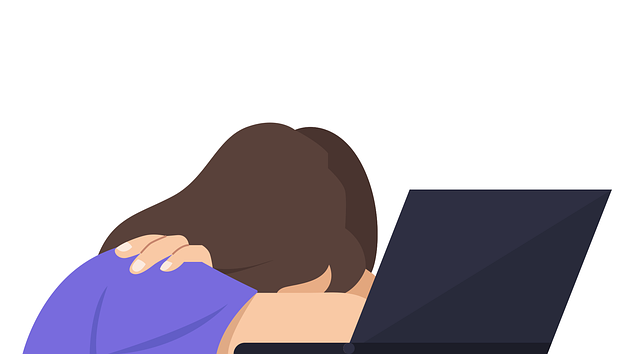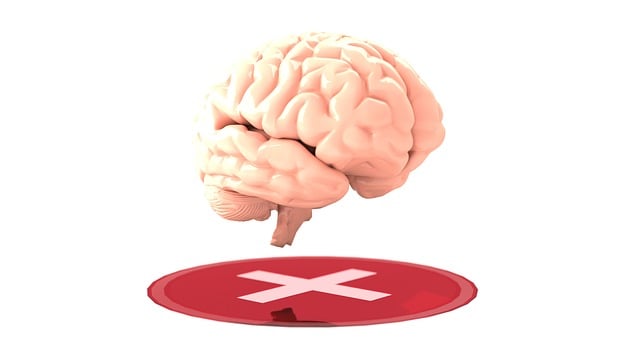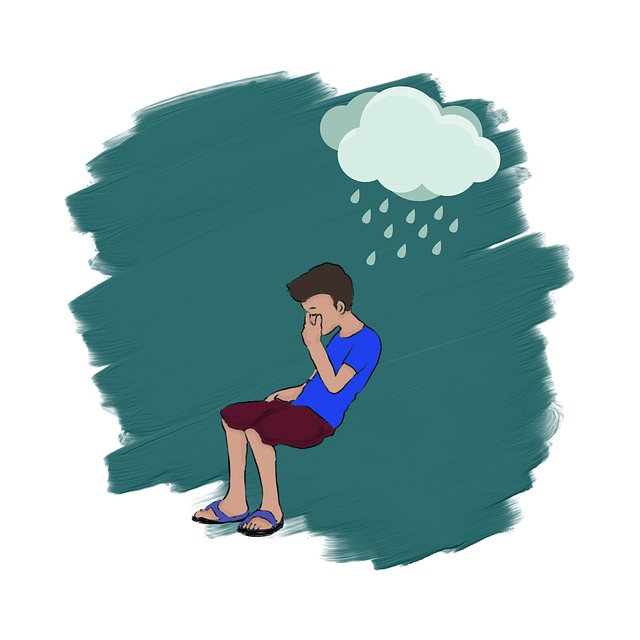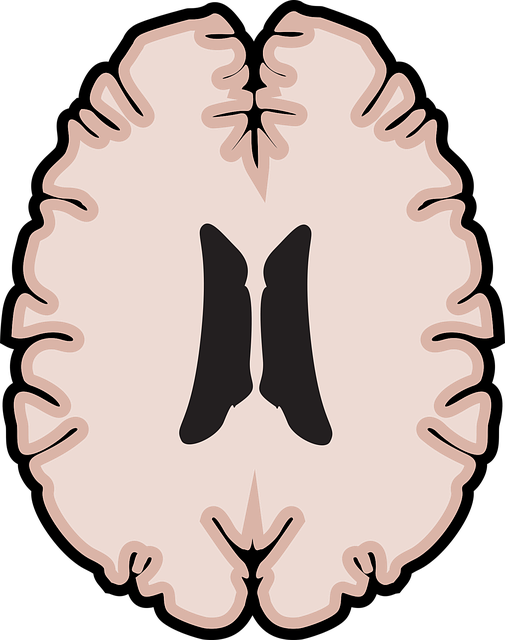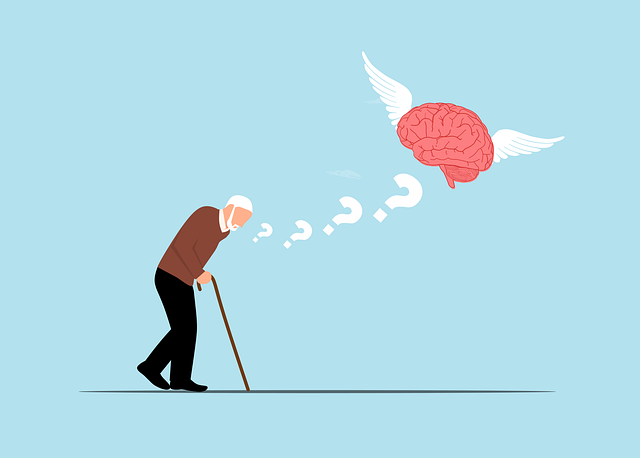Oppositional Defiance Disorder (ODD) is a behavioral condition characterized by conflicts with authority figures, stubbornness, and provocation, usually emerging in childhood (8-12 years old). Caused by genetic factors, environmental stressors, and mental health issues, ODD may also result from trauma. Effective therapy involves mood management, anxiety relief, and confidence-building techniques to improve relationships and well-being. Mental health crisis hotlines provide immediate support and guidance, offering self-awareness exercises and mindfulness meditation to reduce stigma. These services bridge acute crises to long-term solutions, including cognitive-behavioral therapy (CBT) and parent training programs. Open communication, goal-setting, and emotional regulation techniques are crucial for ODD treatment success.
“In today’s fast-paced world, mental health crises can strike unexpectedly, especially in individuals grappling with Oppositional Defiance Disorder (ODD). This article delves into the critical role of mental health crisis hotline support services as a beacon of immediate assistance. We explore ODD’s symptoms and causes, emphasizing the importance of accessing these hotlines. Additionally, we dissect the various therapy types offered, providing insights into effective ODD management. By understanding hotline resources, families and individuals can take proactive steps towards healing.”
- Understanding Oppositional Defiance Disorder: Symptoms and Causes
- The Importance of Accessing Mental Health Crisis Hotlines
- How Hotline Services Provide Immediate Support for ODD
- Types of Therapy Offered on Crisis Hotlines for ODD Management
- Resources and Next Steps After Utilizing a Hotline for ODD Treatment
Understanding Oppositional Defiance Disorder: Symptoms and Causes

Oppositional Defiance Disorder (ODD) is a behavioural condition often characterised by frequent and consistent arguments with authority figures, defiance, and deliberate attempts to annoy or upset others. This disorder can manifest in various ways, from persistent anger and irritability to refusal to comply with rules and requests. Symptoms typically begin in childhood, around the age of 8 to 12 years old, and can significantly impact a child’s relationships at home and school.
The causes of ODD are multifaceted and include genetic predisposition, environmental factors such as parental divorce or chronic family conflict, and underlying mental health conditions like anxiety or depression. In some cases, children with ODD may have experienced traumatic events, such as abuse or neglect, which can contribute to their defiant behaviour. Accessing appropriate therapy for Oppositional Defiance Disorder is crucial, focusing on strategies for mood management and anxiety relief while building confidence-boosting techniques to foster healthier relationships and improve overall well-being.
The Importance of Accessing Mental Health Crisis Hotlines

Accessing mental health crisis hotlines is a critical step towards immediate support and long-term well-being. These dedicated services provide a safe, confidential space for individuals to connect with trained professionals who can offer guidance and assistance during moments of distress or crisis. Whether it’s managing symptoms of Oppositional Defiance Disorder (ODD) or coping with any other mental health concern, hotlines serve as a vital resource. They not only offer therapy but also help in fostering self-awareness exercises, promoting mindfulness meditation, and breaking down barriers associated with mental illness stigma reduction efforts.
By reaching out to these hotlines, individuals can receive rapid intervention, ensuring their immediate safety and stability. Moreover, regular engagement with hotline services can facilitate ongoing therapy, providing a continuous support system. This proactive approach is essential in managing mental health crises effectively, offering a much-needed alternative or complement to traditional therapy sessions, especially for those who might face challenges in accessing specialized care.
How Hotline Services Provide Immediate Support for ODD

Hotline services play a pivotal role in providing immediate support for individuals grappling with Oppositional Defiant Disorder (ODD). These 24/7 resources are often the first point of contact for those experiencing symptoms like frequent arguments, defiance, and anger. Trained professionals on these hotlines offer a safe space to vent feelings, providing an outlet for emotions that can be difficult to express. The immediate nature of hotline support is crucial in de-escalating situations and offering reassurance, especially during acute crises.
Beyond addressing the immediate needs, hotline interactions can also serve as a stepping stone towards longer-term solutions like therapy for Oppositional Defiance Disorder. During these conversations, individuals may gain insights into underlying causes contributing to their behavior, including potential challenges related to self-esteem improvement or stress reduction methods. Self-awareness exercises often discussed during these calls can help users identify triggers and develop coping strategies, laying the groundwork for more comprehensive treatment approaches.
Types of Therapy Offered on Crisis Hotlines for ODD Management

Crisis hotline services play a vital role in providing immediate support for individuals struggling with Oppositional Defiant Disorder (ODD). These hotlines often offer a range of therapeutic interventions tailored to address the unique challenges presented by ODD. One common approach is cognitive-behavioral therapy (CBT), which helps individuals identify and challenge negative thought patterns and behaviors associated with ODD. Through CBT, callers can learn positive thinking strategies and resilience-building techniques to better manage their symptoms.
In addition to CBT, many crisis hotlines employ empathy-building strategies as a core component of their ODD management therapy. Trained counselors foster an environment of understanding and compassion, encouraging individuals to express their feelings and work through underlying issues. By combining these therapeutic methods, crisis hotline support services aim to empower callers with the skills needed to navigate their mental health challenges effectively.
Resources and Next Steps After Utilizing a Hotline for ODD Treatment

After reaching out to a mental health crisis hotline for support related to Oppositional Defiance Disorder (ODD), individuals and their families often seek resources and next steps to continue the journey toward treatment and recovery. The hotline can provide immediate relief and valuable guidance, but long-term improvement requires a comprehensive approach.
Therapy for ODD is a crucial component of managing symptoms and improving overall well-being. Healthcare providers specializing in behavioral health can offer evidence-based treatments such as cognitive-behavioral therapy (CBT) or parent training programs to address the underlying causes of ODD. Burnout prevention strategies for healthcare providers are essential, as empathy building strategies and emotional regulation techniques can enhance therapeutic relationships and outcomes. Encouraging open communication, setting realistic goals, and providing a safe space for expression can facilitate progress in ODD treatment.
In conclusion, mental health crisis hotline support services play a vital role in providing immediate assistance and guidance for individuals struggling with Oppositional Defiance Disorder (ODD). By offering a range of therapeutic approaches tailored to ODD management, these hotlines empower users to navigate their challenges effectively. Accessing such resources can be life-changing, fostering resilience and improving overall well-being. Remember that seeking help is a sign of strength, and with the right support, healing and growth are achievable. For ongoing therapy for Oppositional Defiance Disorder, explore professional services in your area or reach out to local mental health organizations.
